Choosing the Right Outfitter
Many of us put aside money over the course of a year, or in some cases several years, to finally go on that hunt of a lifetime. Unfortunately what happens in a lot of cases is that the hunt you have dreamed of for so long now becomes a nightmare you wish you could wake up from. Let me illustrate an example that happened to me several years ago which taught me a lesson I hope I will never forget.
A friend of mine referred me to an outfitter for an early season whitetail hunt in Saskatchewan. He had just taken a B&C class buck the year before and enthusiastically recommended I go with this guy. It was already June so I wasted no time in calling and talking to the owner of the operation. Having been on guided hunts for the last 20 years I was no rookie to the process. I asked a few questions, got the right answers and felt comfortable enough to book the hunt for myself and two other hunters.
We would be filming a television show so two cameramen would be traveling with us as well. The five of us arrived as scheduled for this mid-September hunt and were met by the outfitter and taken to his trailer where we were to spend the night. So far so good. At the appointed time we were picked up and driven to the hunting area, this is when things began to go wrong. After getting out of the pickup on the edge of an alfalfa field, my partner, who was using a muzzleloader and his cameraman, went one way and I with my bow & arrow, cameraman and guide went into the bush toward a stand location some 100yds from the field edge. After a few minutes we came to a very old and partially dilapidated wooden platform stand. I questioned the guide about the setup and he assured me that this was where I was to be hunting. Several months previous, and at considerable expense, I had sent the outfitter two lock on tree stands and a set of stick ladders to be set up for myself and my cameraman. When questioned about my stands, the guide said that they were up there, as he pointed to the top of the platform. OK, I thought, he must have used the steps of the old stand as a ladder to attach the lock on’s to one of the trees that supported the platform. No problem. We agreed on a time to come out and with that the guide left.
Now it gets interesting, I handed my bow to the cameraman and began to cautiously climb the mostly rotten 2x4’s that made a ladder to the top of the 3’x3’ platform. I reached the top and just as the guide had said there were the two tree stands I had sent, STILL IN THE CARDBOARD BOX. I couldn’t believe it; the packing tape I had used to ship the boxes was still intact. He had not bothered to open them, meaning the stands were not even put together. To make matters worse there was a 3” diameter limb growing through the tiny space that my cameraman and I would have to try and share if we wanted to salvage the morning hunt. This stand had not been used in who knows how many years.
I won’t bore you with how the rest of the hunt went but suffice it to say it did not get any better. In fact our whole crew left after just two of the six day hunt. By any standards it was a complete bust.
What went wrong? Was it my fault or the outfitters? Could I have done something different to ensure that the hunt went smoother? These are but a few of the questions that went through my mind as I traveled home mad and empty-handed. I swore to myself on the long plane ride back to Florida that this would never happen to me again. With that experience behind me I now have a list of things I do PRIOR to booking a hunt. You might find that they will come in handy for you as well.
First of all, there are a lot of questions that need to be answered prior to even making contact with a prospective outfitter. What species do I want to hunt, do I want to stay in lodge, tent or motel. Do I want to spot and stalk or will I be happy sitting on a stand for 5 days. Am I looking for a trophy or just a representative animal? How much money am I willing to spend on the hunt? If it is a hunt that requires being in top shape am I willing to put forth the physical effort needed to be ready for the hunt? You get the picture; these and many other questions will be the framework for which outfitter you will ultimately spend your hard earned cash with.
If you remember nothing after reading this article remember this; ASK QUESTIONS. It is amazing how many hunters book with me each year without really getting a clear picture of what the hunt is all about. The list of questions is long so I would suggest writing them down and then create some type of spread sheet so you can compare one outfitter to another.
Here are some of the questions I routinely ask before booking a hunt. This list is by no means comprehensive and I’m sure there are some questions I have not thought of. Every hunt is a little different so you may need to add your own questions to better fit your unique situation.
• How long have you been outfitting/hunting? I want to know the experience level of the person I am talking to and if he is the outfitter or a guide working for the operation.
• Is the hunt conducted on private or public land and does the outfitter have exclusivity to that piece of property?
• How many hunters does he take each year and how many will be in camp while I am there?
• What type hunter does the outfitter prefer to take? Is he capable of accommodating a hunter with a different weapon choice? If you are a rifle hunter and the outfitter specializes in Bowhunting you may find yourself in a tree stand where you can only shoot 20 yards.
• Ask for a list of references both successful AND unsuccessful. It’s too easy to cherry pick a list of clients and only give out the one’s that had a great hunt. I want to talk to the guy who did not shoot an animal. If that client would go back, then it gives me a better feel for how the operation is run. If the outfitter is reluctant to give referrals the conversation is over and I move on to the next outfitter on my list.
• I always ask about the success rate, but that can be a tricky thing. Every outfitter treats success rates differently but the term is usually discussed as a percentage. For example, “We had a 75% success rate last year.” One outfitter might include wounded animals in his success rate while another will include a missed shot. I know at least one outfitter that boasts a really high success rate because he includes the mere sighting of a trophy animal as being a successful hunt. Be very careful and make the outfitter define success.
• When is the best time to hunt? You may want to position your hunt according to the moon phase so ask the outfitter how the moon affects the type of hunting you will be doing.
• If the animal you are after can be hunted during the rut, then ask when the peak is.
• Is the hunt guided or unguided? If guided is it a 1x1 or 2x1?
• What are the typical shot distances? What would be the maximum distance I would need to be able to shoot?
• What does the cost of the hunt include? Are licenses and permits included? Are there additional trophy fees? Is there a drawing process for the permits and if so do you make the application for the hunters? What is the cancellation policy?
• Is food and lodging included? Do I need to bring a sleeping bag or towel?
• Do I need to bring my own stands or blinds? If not, what type will I be hunting out of? If you are not comfortable hunting out of a tree stand make sure he has ground blinds available.
• Is there a place to shoot my weapon once I get to camp?
• What will the weather typically be like during the time I will be hunting?
These are some of what I consider to be the most important questions to ask before committing to an outfitter. The homework doesn’t stop here though. You will still need to check out his references. To me this is by far the most critical part of the vetting process. Some outfitters can and will tell you exactly what you want to hear just to get your deposit. Past hunters usually don’t have anything to gain by stretching the truth or being reckless with the facts so I depend heavily on their answers to make my decision. Some clients are more willing to talk with you than others and remember that they are taking time out of their busy life to answer your questions, make it short and to the point. Here are a few things you might want to ask when talking with past clients.
• How long ago did you hunt with this outfitter?
• Were the guides knowledgeable about the game and the area that was hunted?
• Was the staff friendly and helpful?
• Did you see the numbers of game the outfitters suggested you might see?
• Was the trophy quality seen as described?
• Was the food and lodging what you expected?
• Was there enough room in the lodge/tent for the number of hunters in camp?
• Was the outfitters equipment (vehicles, stands etc.) in good working order? Did you feel safe when using their stands?
• Were the guides on time picking you up?
• If you weren’t seeing game did the outfitter offer to move you to another location?
• Did you have an opportunity and what was the success rate among the other hunters in camp?
• Is there someone else that was in camp with you that I could call?
• Most importantly, would you hunt with this outfitter again?
Once the hunt is booked and the deposit is paid you will want to stay in contact with the outfitter. This will help you develop a relationship with the outfitter and you could possibly learn of some information that would help you out during the hunt. I know this seems like a lot of preparation just to go on a hunting trip but the little bit of time you invest at this stage will pay of big when that long awaited day arrives and it’s time to go hunting.
Had I taken the time and asked a few more questions of my Saskatchewan outfitter I’m sure the hunt would have turned out differently. Who knows, my tree stand might even have been taken out of the cardboard box.
Posted by Ted Jaycox
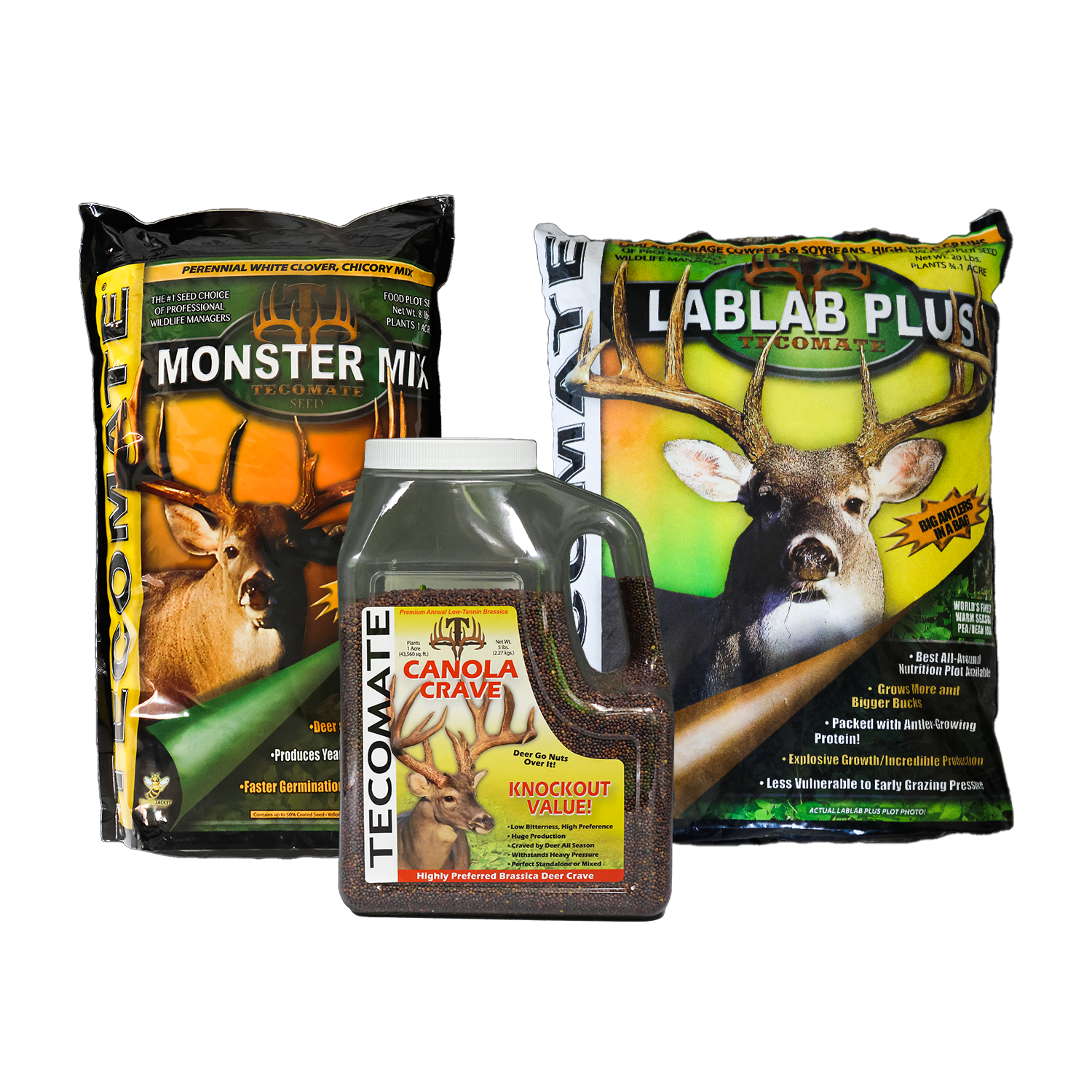
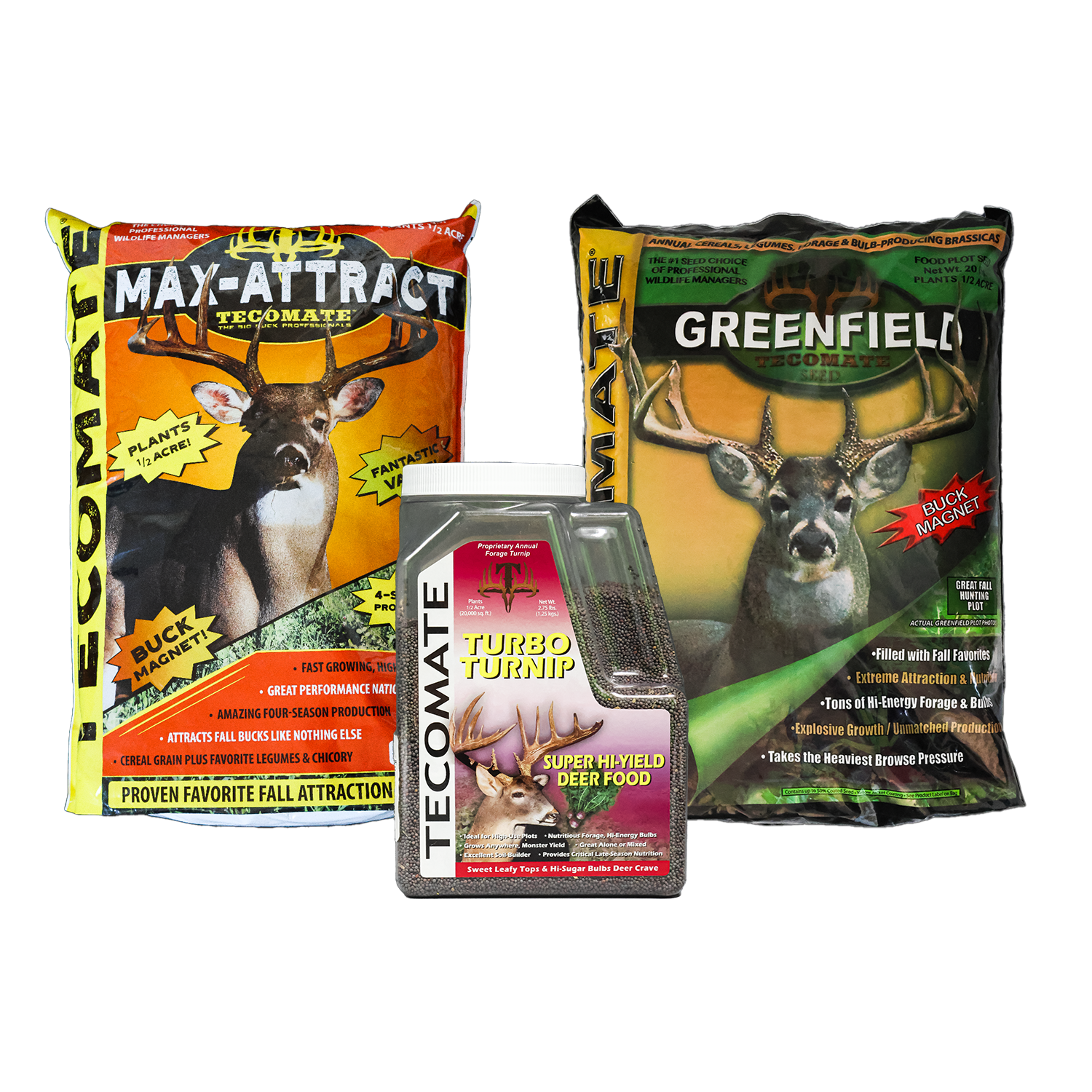
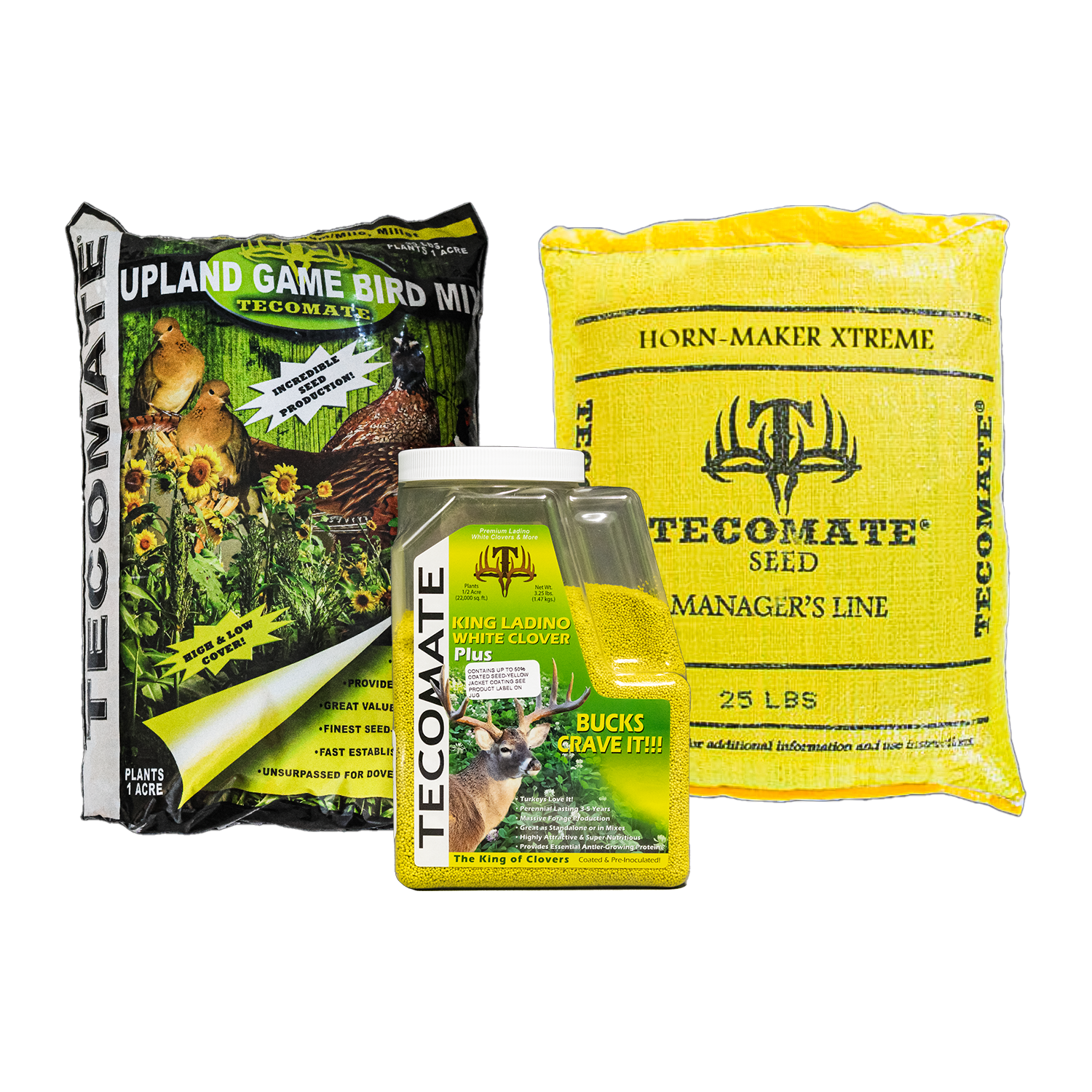
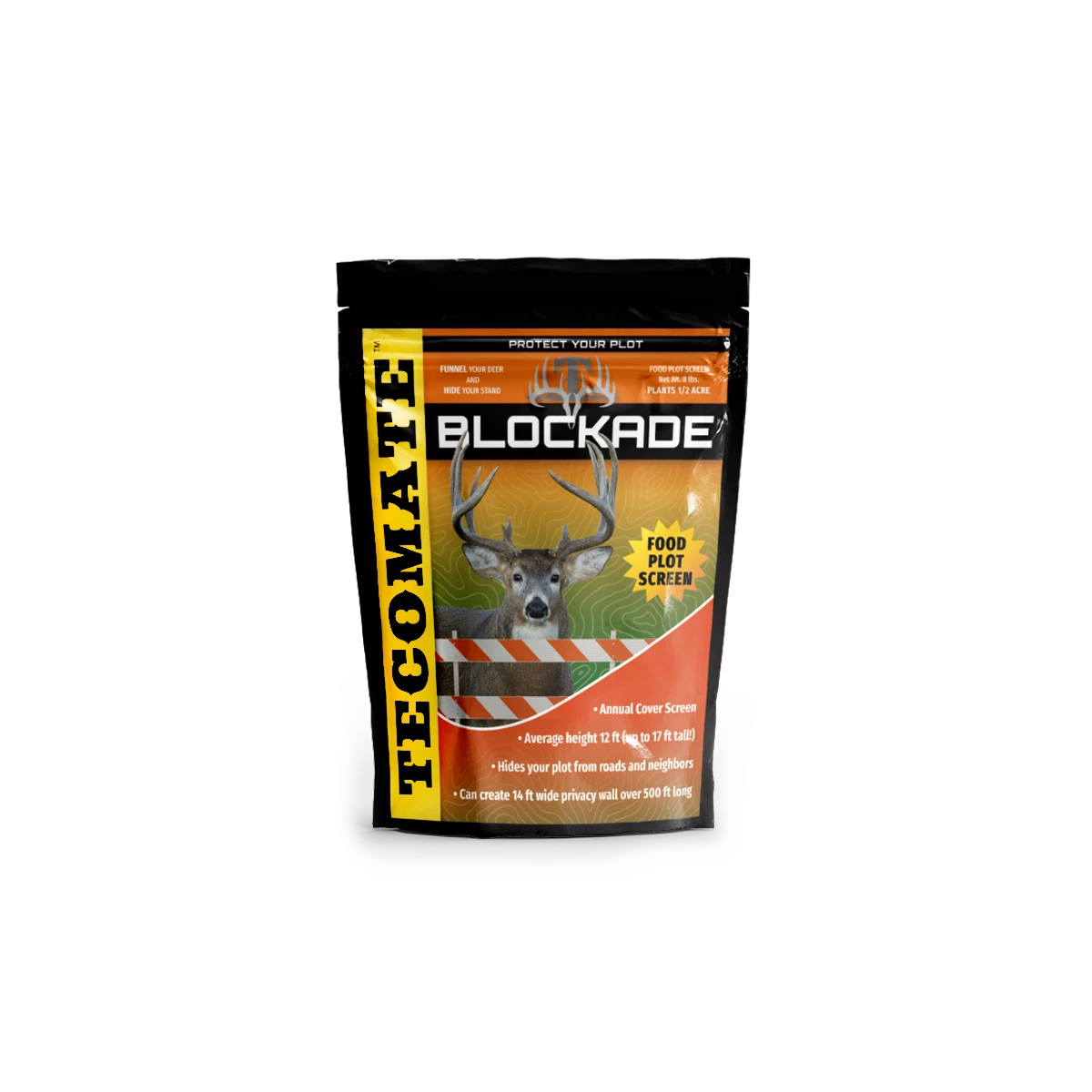
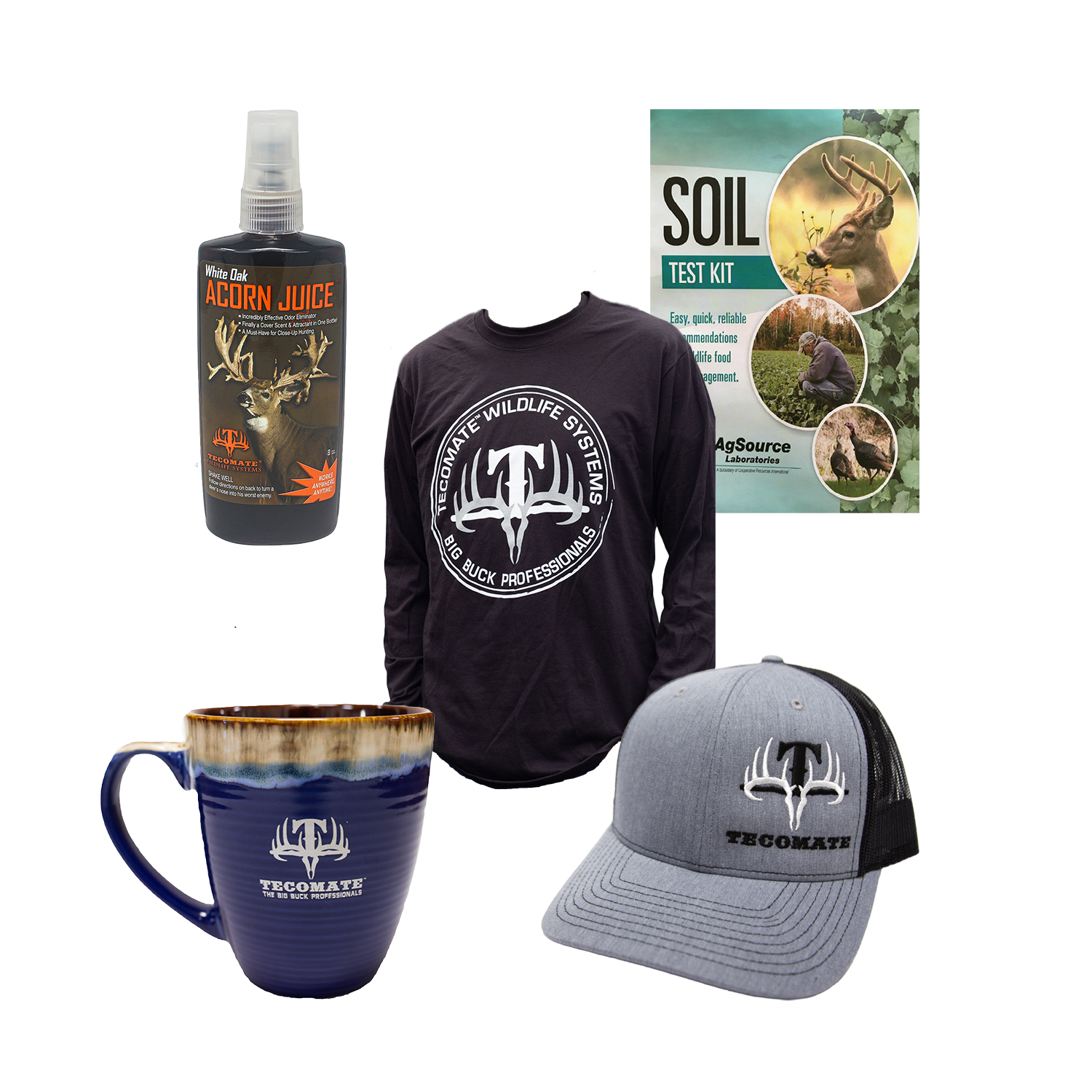

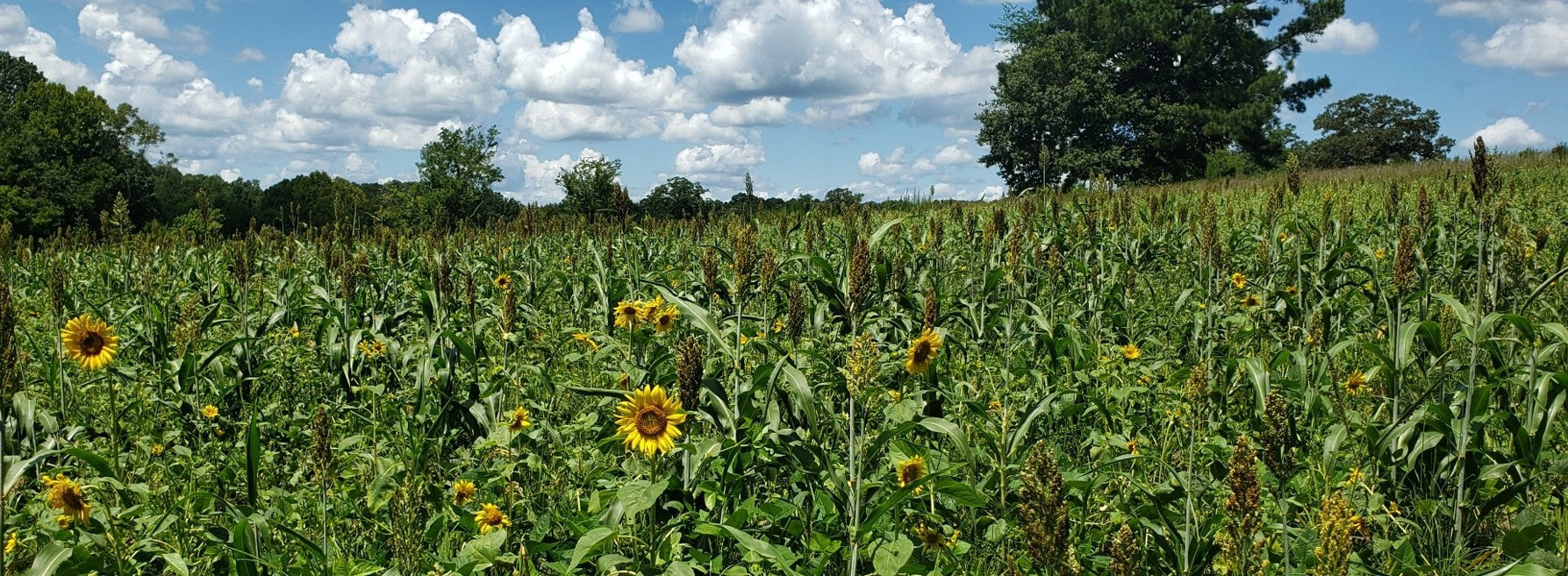
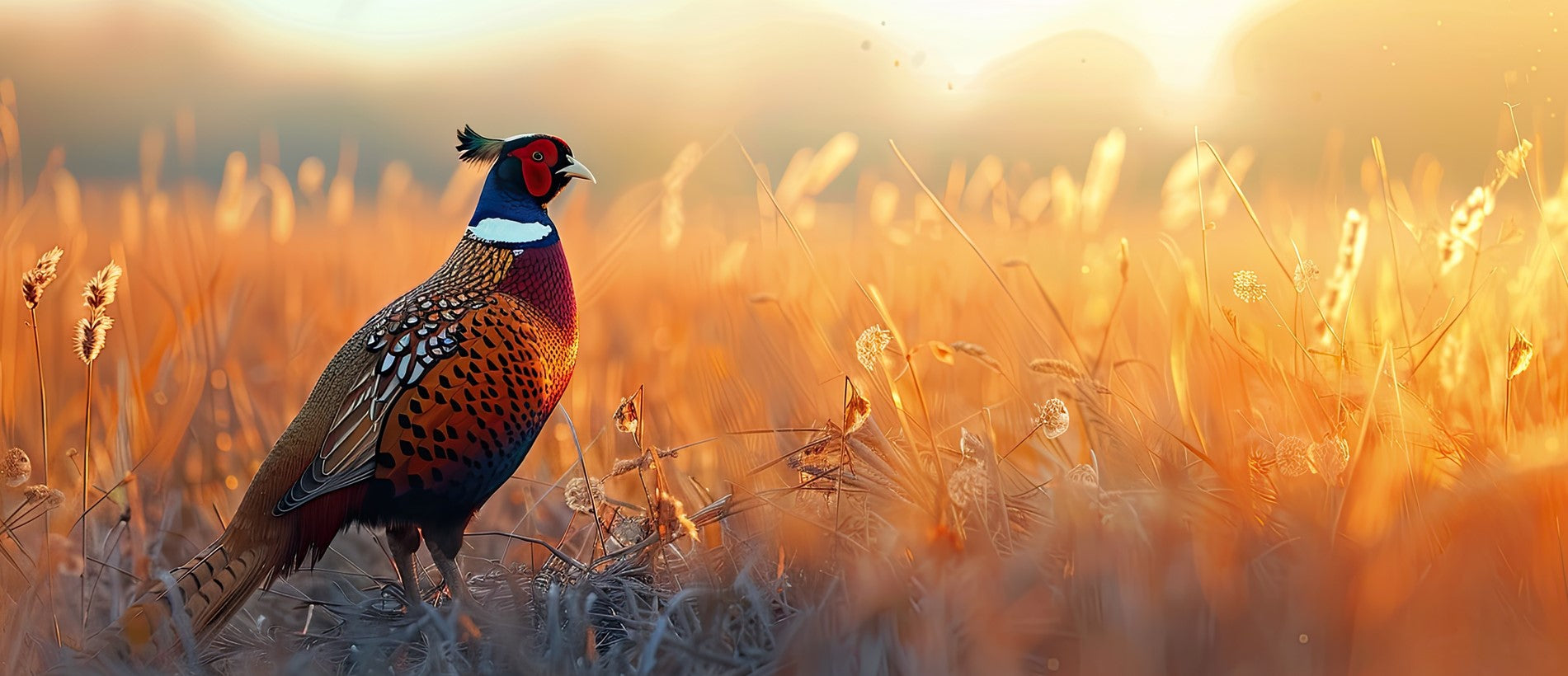
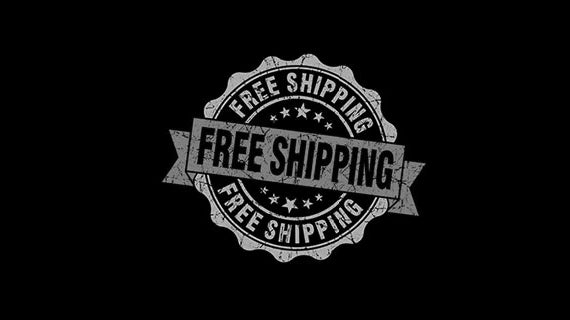
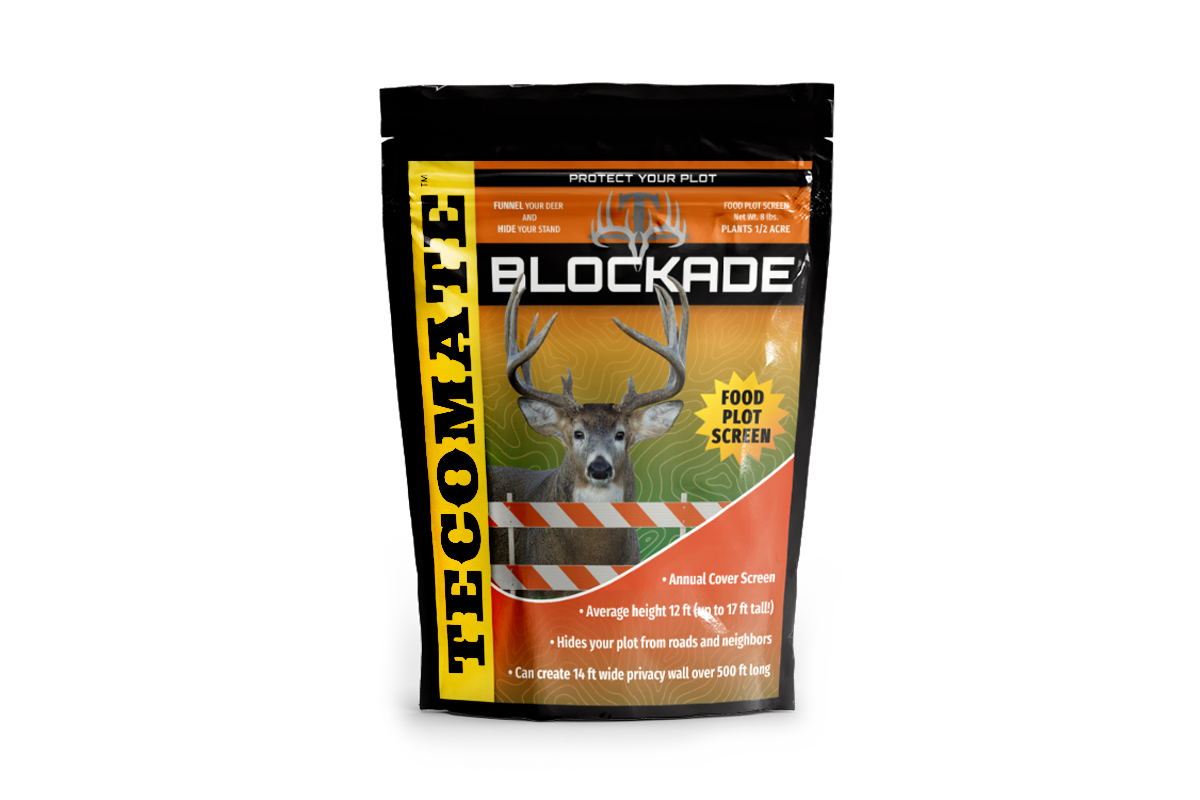
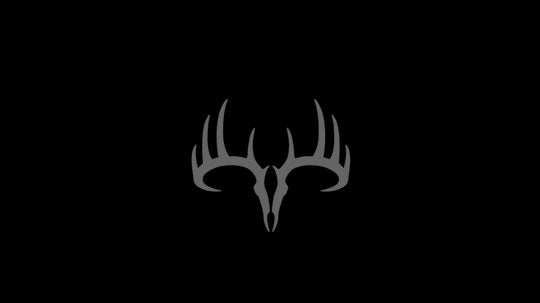
Leave a comment